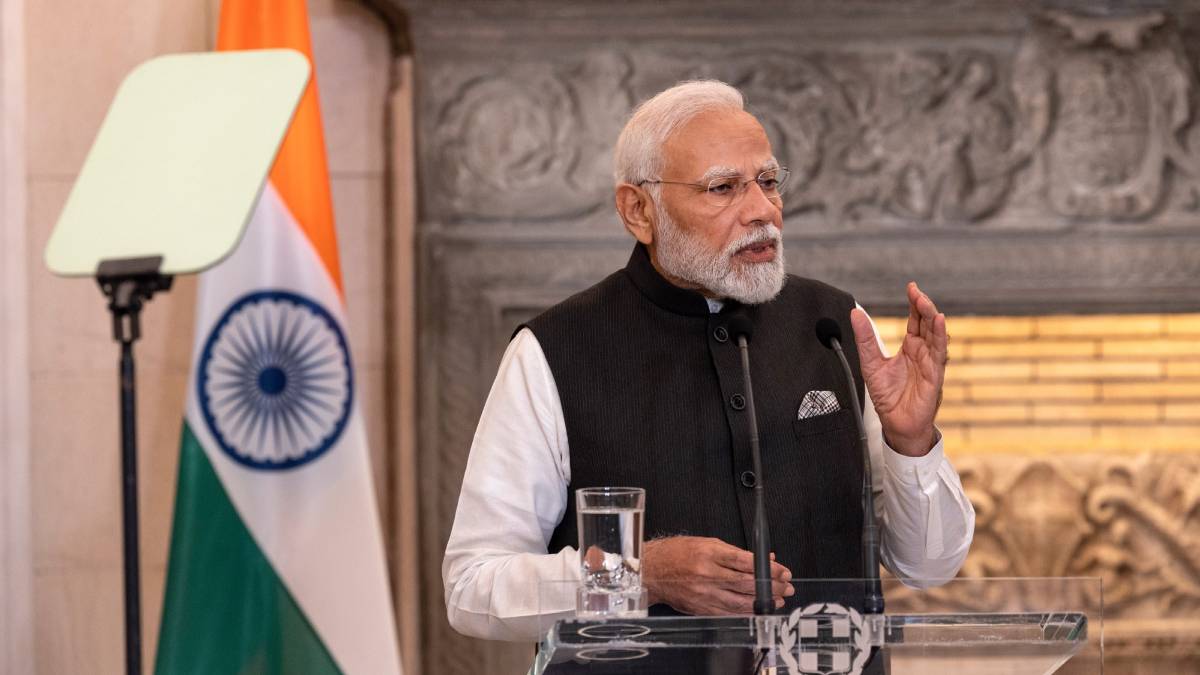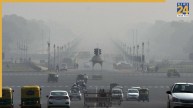Prime Minister Narendra Modi chaired an emergent meeting of the Cabinet Committee on Security (CCS) Thursday to discuss the worsening crisis in West Asia and its implications for India. The committee, comprising the top ministers and National Security Adviser, took stock of all implications of hostilities, particularly concerning trade, oil supply, and maritime routes. It was in this backdrop of a likelihood of increased regional conflict that Iran attacked Israel with ballistic missiles, and India called for immediate diplomatic dialogue to arrest the situation.
West Asia Conflict And Its Implication On India
The Cabinet Committee on Security looked into the escalating tensions between Israel and Iran, particularly on the implications for international and local trade. Supply chain disruption was the point of concern for India especially on oil and petroleum products. India expressed grave apprehension over the situation saying that there must not be an expansion of the conflict to the region and that disputing parties should only resolve their differences through diplomatic means.
Risks To Maritime Trade
The crisis that is seeing the current stature of Iran in the international scene is widening risks for maritime trade routes, which are crucial to India’s economy. It has already put a threat into the crucial routes for the country’s oil and cargo shipments on the Red Sea and the Gulf of Aden as Hezbollah, backed by Iran, takes center stage along with Yemen’s Houthi rebels. There have already been attacks on vessels, affecting trade already, which raises the possibility of freight tariff hikes. This disruption is particularly meaningful for India, which has to rely on the Suez Canal route for 50% of its exports and 30% of its imports.
Trade And Economic Impact
India’s trade with Gulf countries, especially in the maritime routes, is critical. The latest figures reveal that the crisis in the Red Sea severely affected India’s petroleum exports, dropping over 37% in August this year. The GCC nations make up 15% of India’s trading; they are essential partners in the energy, security, and health sectors. This critical economic relationship to this crucial economic relationship is enough challenged by the crisis in West Asia, which saw bilateral trade between India and the GCC nations amount to $162 billion in 2023.












